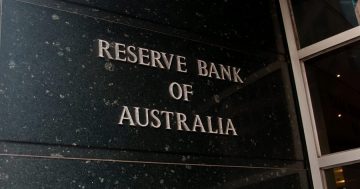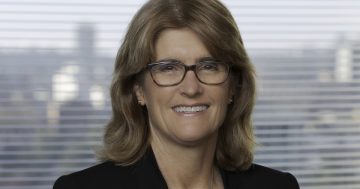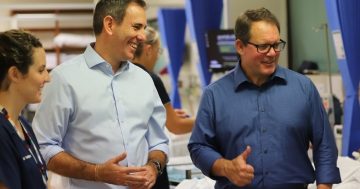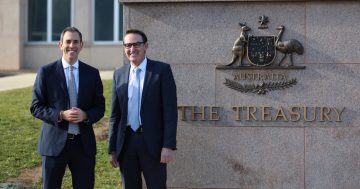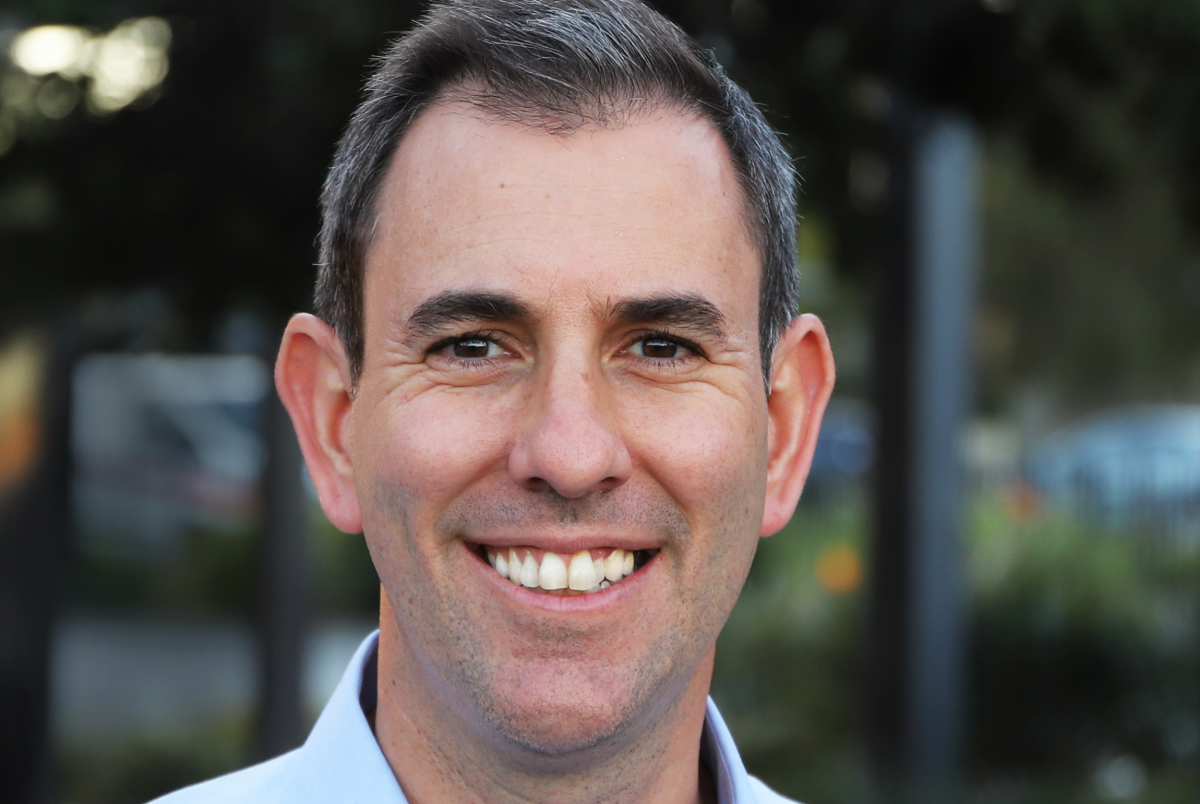
Treasurer Jim Chalmers: “This is an important opportunity to ensure that our monetary policy framework is the best it can be, to make the right calls in the interests of the Australian people and their economy.” Photo: ALP.
Federal Treasurer Jim Chalmers will be looking for the Reserve Bank to take a broader approach to economic challenges, and for board members and staff who will engage in greater internal debate rather than falling into line behind the Governor, according to ANU public policy expert Professor John Wanna.
Dr Chalmers has announced a review of the Reserve Bank, the first since it gained formal independence in 1996.
It will look at its approach to inflation, use of monetary policy (interest rates), performance, and governance, including board appointments and culture.
The review comes amid what Professor Wanna calls smouldering anger at how the Reserve Bank repeatedly ruled out interest rate rises and then hit borrowers, who had based investment decisions on that advice, with successive increases.
Some have accused the Reserve Bank of being asleep at the wheel during the COVID stimulus and of now risking a recession and higher unemployment by hitting the brakes too hard to combat inflation, especially when there are significant external factors such as the energy shock and the Ukraine war.
Professor Wanna said a review of the Reserve was warranted and it followed that Dr Chalmers would be looking for outcomes that would improve the quality of people and analysis at the Bank and extending the range of policy tools it can wield beyond just moving interest rates up or down.
“This government will be more interested in getting the Reserve Bank to think a bit more towards full employment rather than just keeping monetary policy down,” he said.
Professor Wanna said Dr Chalmers had raised the appropriateness and skills of board members and what would be the best fit for the Bank.
“There have been allegations over time that people have been put on to the board to represent sectoral interests and not national interests,” he said.
A review to sort out the issues of expertise and lobbying for positions was a good thing, he said.
He added it was worth looking at the internal workings of the Reserve Bank which, while independent of government, was still viewed as a satellite of Treasury.
“The internal culture is worth looking at – almost all of them are finance economists who have never had any work experience outside of intellectual stuff in government,” Professor Wanna said.
“They’re not risking their capital and making investments.”
Professor Wanna said a more pluralistic dialogue, greater analytical capacity within the Bank, and a more nuanced approach to the different economic situations across the country would also be beneficial.
He suggested the presence of newly appointed Public Sector Reform Secretary Dr Gordon de Brouwer on the review panel would ground the review and help to attain achievable outcomes.
The other two panellists leading the review are Carolyn Wilkins, an external member of the Financial Policy Committee of the Bank of England and former Senior Deputy Governor to the Bank of Canada; and Professor Renée Fry-McKibbin, one of Australia’s leading macroeconomists and Interim Director of the Crawford School of Public Policy at the ANU.
Dr Chalmers said Australia was facing a complex and rapidly changing economic environment, as well as a range of long-term economic challenges.
“This is an important opportunity to ensure that our monetary policy framework is the best it can be, to make the right calls in the interests of the Australian people and their economy,” he said.
A secretariat will support the Panel with Treasury and other staff.
The review will produce a final report with recommendations to the government by March 2023.
“It will consult with domestic and global experts, former members of the Board, and members of the public and will seek submissions to ensure a wide range of opinions are considered,” Dr Chalmers said.
“It will draw on some of the world’s best and brightest experts to ensure the RBA has the right objectives, policies, governance and culture for the future.”
The terms of reference can be found on the review of the Reserve Bank of Australia website.












